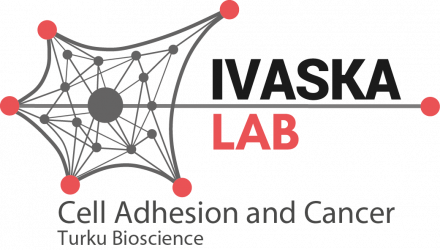Fetal liver endothelium regulates the seeding of tissue-resident macrophages by Pia Rantakari et al.
Nature. 2016 Oct 20;538(7625):392-396. doi: 10.1038/nature19814. Epub 2016 Oct 12.
ABSTRACT
Macrophages are required for normal embryogenesis, tissue homeostasis and immunity against microorganisms and tumours. Adult tissue-resident macrophages largely originate from long-lived, self-renewing embryonic precursors and not from haematopoietic stem-cell activity in the bone marrow. Although fate-mapping studies have uncovered a great amount of detail on the origin and kinetics of fetal macrophage development in the yolk sac and liver, the molecules that govern the tissue-specific migration of these cells remain completely unknown. Here we show that an endothelium-specific molecule, plasmalemma vesicle-associated protein (PLVAP), regulates the seeding of fetal monocyte-derived macrophages to tissues in mice. We found that PLVAP-deficient mice have completely normal levels of both yolk-sac- and bone-marrow-derived macrophages, but that fetal liver monocyte-derived macrophage populations were practically missing from tissues. Adult PLVAP-deficient mice show major alterations in macrophage-dependent iron recycling and mammary branching morphogenesis. PLVAP forms diaphragms in the fenestrae of liver sinusoidal endothelium during embryogenesis, interacts with chemoattractants and adhesion molecules and regulates the egress of fetal liver monocytes to the systemic vasculature. Thus, PLVAP selectively controls the exit of macrophage precursors from the fetal liver and, to our knowledge, is the first molecule identified in any organ as regulating the migratory events during embryonic macrophage ontogeny.
PMID:27732581 | DOI:10.1038/nature19814
